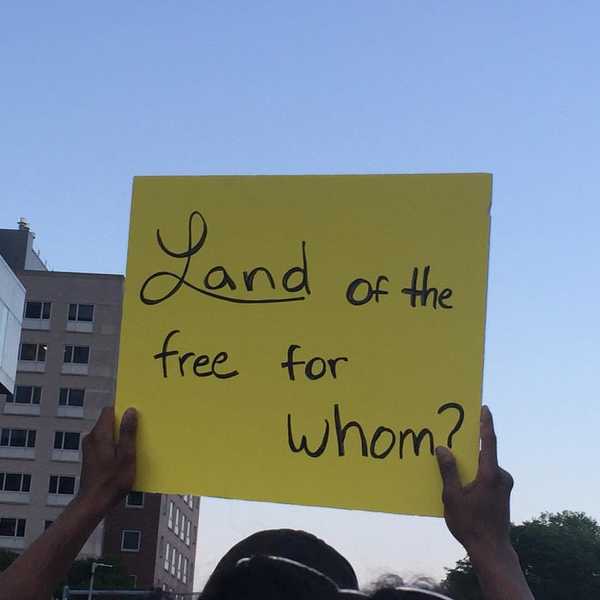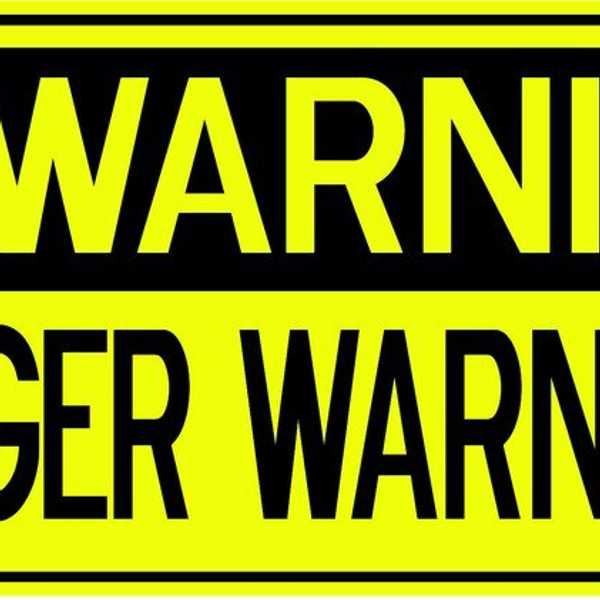For the past few weeks, columnists have been arguing about the issue of political correctness on college campuses. As a white, cisgender, middle-class citizen, I realize I am not the most qualified to talk about this topic. However, the learning environment is for all students, and we need to preserve its ability to challenge us as individuals.
Political correctness comes from a good place. The desire to eliminate bigotry is a noble one. This is particularly true in the school environment, where ideas need to be able to flourish in a safe setting.
Healthy debate is always a good thing; however, the current trend is a slow dissolution into silencing unpopular opinions.
Colleges have begun to fear “triggering” people. Victims of racism, sexism, heterosexism, classism, and ableism can easily be reminded of negative experiences that have come from the less-inclusive nature of society.
But life is full of “triggers,” and college is no exception. College is meant to expose you to different ideas, not just popular ones. Colleges can’t, and shouldn’t, pretend that offensive things don’t exist. The people who are called “bigots” by the politically correct movement aren’t silenced in the real world. Your coworker at your future office won’t say, “Trigger warning: racism,” before he tells an offensive joke. If your boss stares at you a little too long, your office won’t have a “safe space” with cookies and coloring books, like Brown University did during a debate on rape culture.
Teachers from schools across the country have written about this. Some teachers have said they fear for their jobs, while others argue that these teachers are just paranoid. Teachers should not have to be afraid of being reported for teaching certain books.
A recurring example in this debate is Oberlin College’s problem with Achebe’s Things Fall Apart. While the book is set in colonial Nigeria and is loaded with racism, sexism, religious persecution and suicide, literary critics consider it to be one of the finest pieces of literature ever written. Critics of the inclusivity movement ask if this book’s commentary on colonialism should automatically exclude it from the classroom setting.
While teachers still need to be held accountable for their actions, their primary job is to teach. If we exclude all material that could possibly offend anyone, what is left? It is important to be able to distinguish between discriminatory speech and speech about discrimination.
Triggers are a very real part of life for students who have encountered assault, discrimination, or worse. It is important to make sure that students feel safe enough to learn. Their experiences should not be discounted as mere hypersensitivity. But by trying to protect these people, colleges have silenced any opinions that could offend anybody, for any reason, and it's only hurting the learning environment.





















